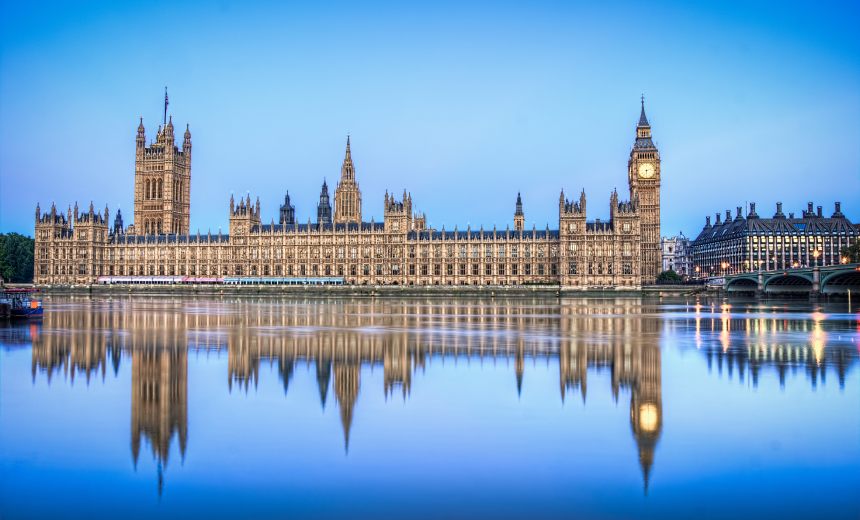In a shocking turn of events, the British government has reportedly issued a secret order to Apple, demanding access to fully encrypted cloud backups of users globally. This order also includes a prohibition on Apple alerting any individuals who may be targeted. The Washington Post first brought this information to light, revealing that this order is unprecedented in major democracies and requires the capability to view fully encrypted material on a large scale.
The response from cybersecurity experts has been one of alarm and concern over the far-reaching implications of this demand. Alan Woodward, a professor of computer science at the University of Surrey, England, expressed his apprehension, stating, “I’m sure the U.K. government is well-intentioned but the road to hell is paved with good intentions. The unintended consequences will affect us all.”
Apple, faced with the option of complying with the British government’s request and compromising the security and privacy of its users, may choose to cease offering encrypted storage in the U.K. However, this action would not meet the government’s demand for access to iCloud backups from users worldwide. The order to Apple was reportedly issued under the controversial Investigatory Powers Act 2016, known colloquially as the “Snooper’s Charter.”
Critics of the law have long argued against its broad and invasive powers, allowing the government to demand the removal of “electronic protections” on encrypted communications without public disclosure. This law’s potential impact extends beyond the borders of the U.K., as it could be used to target non-U.K. customers as well.
The attempt by the U.K. government to compel Apple to weaken its encryption has raised eyebrows and drawn condemnation. Matthew Green, a cryptographer and professor at Johns Hopkins University, highlighted the law’s overreach by stating, “The insane thing about the U.K. law is that it does not only apply to U.K. customers. It can potentially be used to go after non-U.K. customers as well. Say, people here in the U.S.”
The global tech industry has long been engaged in a debate over encryption, with governments pushing for weaker encryption to facilitate access for law enforcement and security agencies. However, experts and providers alike have warned against the dangers of compromised encryption, emphasizing the risks posed by backdoors to security.
The timing of the U.K. government’s order to Apple, targeting the world’s largest tech company, raises questions about the underlying motivations. With Apple’s significant market presence and pivotal role in American technology, this move could have wide-ranging implications for the tech industry and international relations.
This development comes on the heels of a new administration in the United States, signaling a potential diplomatic confrontation over encryption practices. The longstanding encryption debate has taken on renewed urgency in light of recent cyber espionage incidents, including the infiltration of telecommunications giants by Chinese hackers.
The overarching concern remains the balance between security and privacy, with the ongoing debate between government access and encryption protection continuing to shape policy and industry practices. As the tech landscape evolves, the clash between security imperatives and privacy rights remains at the forefront of global discourse.


